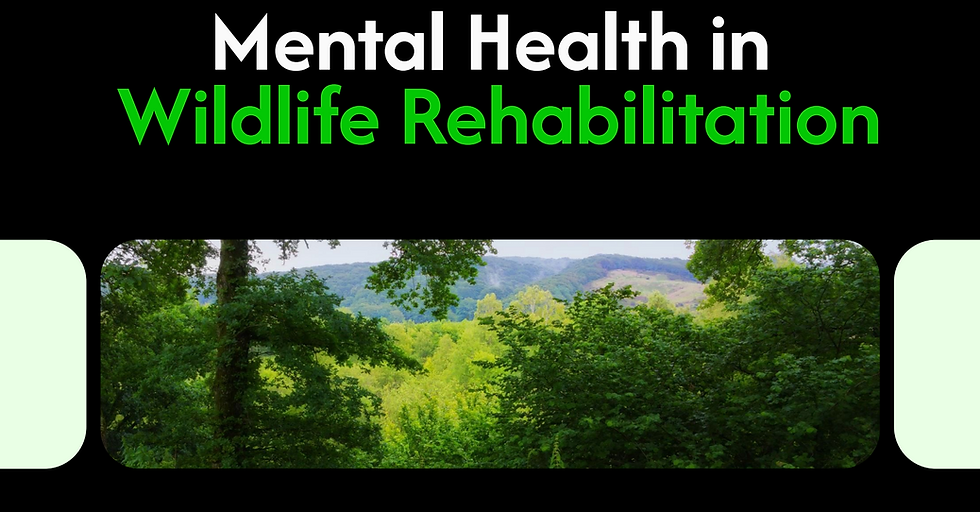Evaluating downed seabirds for release
- Apr 27, 2022
- 3 min read

Photo Credit BirdCare Aotearoa 2022
It's Cook's petrel season! Last year we admitted 148 over three weeks starting at the beginning of April. This year, they started on 12th March, and we have admitted 150 to date. There are 16 currently in care, and our release rate after 24hrs is 96%, a percentage we are extremely pleased with.
These incredible wee seabirds are born on islands east of Auckland. After growing on a very rich diet consisting of a highly concentrated liquid distilled from the small squid, fish and crustaceans eaten by their parents, they fledge after some 88 days. First, they fly over land to the Tasman Sea. And this is where they run into problems.

The bright lights of Auckland, sometimes compounded by low-level clouds, are just irresistible, and many of these youngsters become grounded. It is then we see them coming in for care. Sadly, some will never make it out again. Necropsies show these birds are often mortally wounded with impact injuries indicating they hit something very hard as they came into the lights. Being seen by a rehabilitator is a given. In becoming grounded, they will often lose their waterproofing as feathers wick up oil residues off the road surfaces or car parks. Plus, they simply cannot get airborne again without help.
Photo Credit BirdCare Aotearoa 2022 Photo Credit BirdCare Aotearoa 2022

In care, they are weighed, their body condition score evaluated (how much breast muscle is there with three or higher the best), level of hydration estimated, and their waterproofing checked. If any of these parameters are not up to standard, then their care is carefully planned to restore them to releasable condition. Food consisting of a fragrant slurry of fish, marinara, and fish oil is given via a feeding tube three times daily. This is a highly nutritious soup but nowhere near the caloric density that mum and dad were able to provide! Fluids are given by subcutaneous injection to ensure they do their job in restoring the bird's fluid balance. Swims several times daily quickly show up the birds that have lost their waterproofing with their feathers contaminated by oils and other materials. These birds climb out of the pool as soon as they get wet! When they look bright and ready to go, a re-waterproofing bath is given about 24 hours before release.

Washing birds is a very specific process and was developed in the 1980s by rehabilitators responding to oil spills. Oil-spill impacted birds have the same issue; oil products have destroyed their waterproofing. Dawn® dish detergent is the soap of choice, and thankfully it is available here in NZ at Marthas Backyard. The wash protocol for these petrels is easier than when you have a bird covered in thick oil, coating its feathers and removing it without damaging the fine structure of the feathers. Very warm water at 42°C, with Dawn® dish detergent (the bottle with the ducklings on it), a stable bird, and plenty of attention to detail and rinsing is needed to remove the contaminants in the feathers and allow their delicate feather structures to realign and thus regain their waterproofing. Then rest in a warm drying incubator for several hours, more rest and a good sleep, a final check that all is well, and they are ready to go. We release them off special sites from Piha to Bethell's beach along the west coast.
As mentioned, any of the birds that have died in care are opened up so we can understand why they died. Our findings are fascinating and include things like micro-plastics in their gut. One extremely curious thing is that most are male! Does that mean males and females move at different times? Or are only males attracted to the lights? So many questions and hopefully, over time, some answers.

Photo Credit BirdCare Aotearoa 2022
This article was written for WReNNZ by
Dr Lynn Miller – BirdCare Aotearoa






Comments